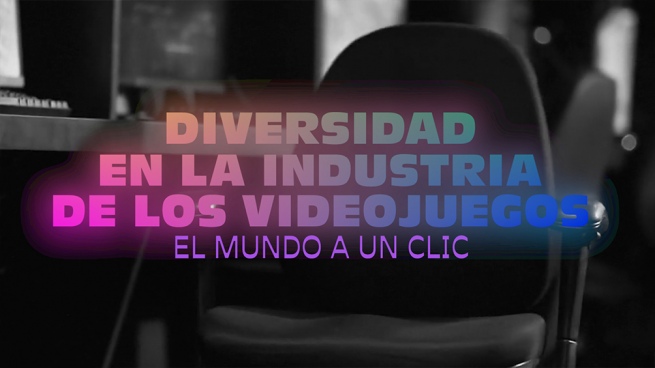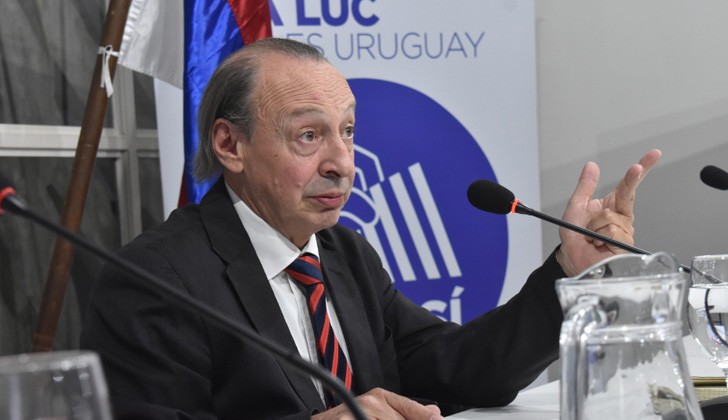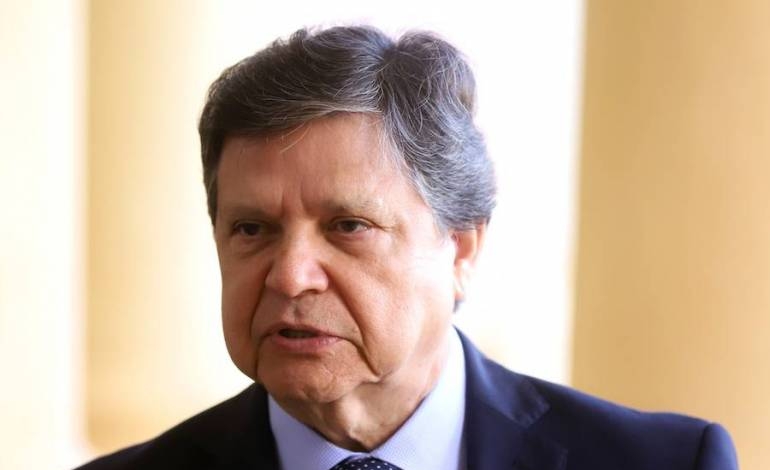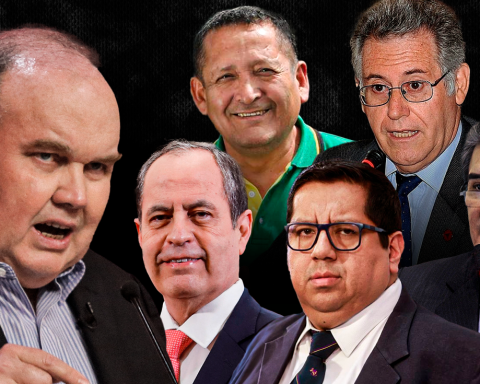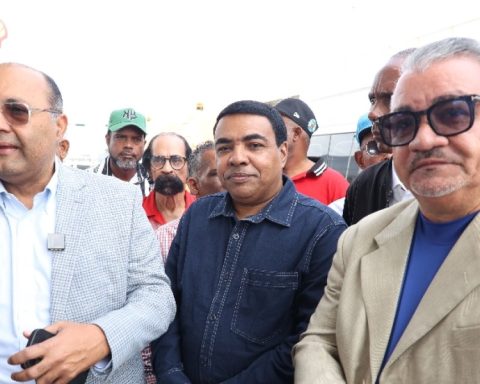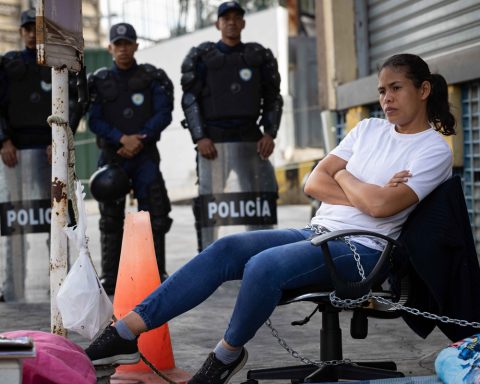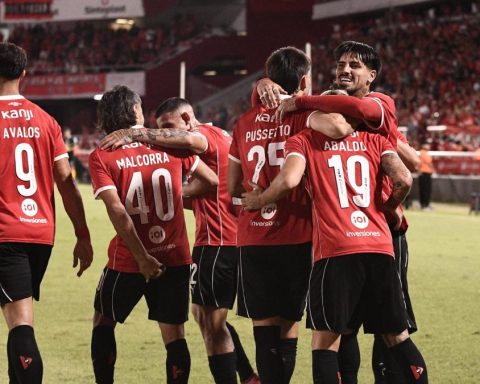The gaming industry has an outstanding debt in terms of diversity: a large majority of men participate in its developments and in its narratives there is a serious representation bias. If few video games have female protagonists, in many less the main role is occupied by characters from the LGBTIQ + community.
But every so often, major mainstream developments such as “The Last of Us part II” (2020) – whose protagonist is a lesbian woman – and “Tell Me Why” (2020) – with a transgender hero in the main role – break into the scene, and they become the target of criticism from that part of the gamer community that considers that video games should not address social problems but should be limited to providing entertainment.
In the independent scene, on the other hand, developments that, with less impact, propose current stories such as gender identity, offer inclusive worlds and incorporate characters that openly belong to the LGBTIQ + collective are more frequent. Lihué, the video game developed by Nehual Pascale, is one of them.
“Lihué takes place in a dream world,” Nehual tells Télam and explains that this decision has to do with two issues, “because being an indie I need something to stand out and the dreamlike thing would be for the game to stand out visually; and on the other, it has to do with history ”. Lihué is the name of the video game and also of its protagonist, a 26-year-old trans girl who, through her memories, allows players to discover the wishes, fears, and most important events of her life. But also, the phrases that marked her and the conflicts she has to overcome to advance in the game and, fundamentally, decide the course of her future.
The video game that Nehual created is what is called in the gaming world a “narrative adventure”, because it focuses on the story and inserts it into the mechanics of the game to tell something more complex. But behind Lihué there is also her personal story and that of Luana, the first trans girl in the world who received a DNI according to the identity with which she is perceived. “I didn’t know what to talk about, what to tell, what I wanted to happen in the game … and I just came across the book Yo nena, yo princesa, and the truth is that it broke me,” says Nehual. “Clearly there were a lot of situations that Luana lived in which I felt identified,” he adds.
What surprised Nehual the most about Luana’s story was the clarity and courage to express what was happening to her. “And I didn’t have it and I still don’t have it,” explains Nehual, “a 2, 3-year-old girl was clear about what she wanted, how she felt, and to me, today, if it hadn’t been for Lihué, it’s something that I would still not be able to reconcile ”. Because Lihué is not an autobiographical story, “but it is a place where there are a lot of my things,” he clarifies.
Nehual entered the gaming industry writing notes for specialized media such as PressOver and also saw Lihué as a means of expression. “I said, well, I’m going to take advantage of the video game, I’m going to tell the things that I experienced and I’m going to transmit them through the game,” he says. For the same reason, he decided to clarify from the presentation of the game that it takes place in the mind of a trans girl. “I wanted in the first five words to understand where the game is going and what was the political position of the person who is creating it,” says Nehual.
According to the 2021 report of the Observatory of the Argentine Videogame Development Industry (ADVA), only 1% of trans / non-binary people participate in the sector. This lack of diversity in the teams that produce video games, and fundamentally in decision-making positions, partly explains the bias in their narratives and the prejudices faced by creators, creators and gamers from the LGBTIQ + community who want to play professionally.
Federico “Feca” Soldano is a content creator in the field of video games and esports, he is 23 years old, studies Marketing and today defines himself as a representative of the LGBTIQ + community in gaming, but it was not always like that. “When I get into esports, I archive all my photos on Instagram, everything that had to do with my transition, if you knew I was trans, great; but I was already Federico ”, Feca tells Télam, and explains that at the beginning of his career“ I was infinitely terrified that because I’m trans they won’t hire me ”.
Feca knows because he lived it, that videogames is a masculinized industry. “I move in an environment where they are all men and great people too, brand owners, organizations… Now not so much, but when I had a high voice, another face and others, I said it was Federico and they didn’t look me in the eye, They talked to me but they looked at my twin ”, Feca tells about his beginnings. “I interpreted that it must cause them discomfort but it is strong to be talking and not look me in the eye,” he stresses.
Feca’s twin is his friend Alan Cruz, better known as Dalcru in the esports scene. Both come from sports journalism, together they formed Twins Project and came to cover the most important events in the esports and video games scene. “I have been working in the journalism field for three years at the level that I went to cover LOL (League of Legends) events, I do interviews, I was moving,” says Feca.
Although today he is solid at work and from his social networks he speaks openly about his transition, Feca still faces prejudice. In 2020, he lived for a year in the Gaming House of an esports team in Mexico City and had problems with his medication but could not count it. “I was in a house with 10 men and there were people who did not know that I was trans,” says Feca, “I had colleagues who did not have an open mind … in fact I had to witness comments and I said ‘shit, if they find out that I’m trans, I screwed up ‘… fear that they won’t hire me, that they’ll put me in the bathroom and do something to me ”.
For this reason, Feca insists on the importance of expanding the gaming industry, finds in video games a potential channel for inclusion but recognizes that it will only be possible if people from the community participate in the developments. “Tell me Why is an exact example, the game was developed by a team that included transgender people, from the LGBT community, psychologists … I believe that if the games want to be more inclusive, the basis is to hire people from the community, so that they transmit the values to you, what is good or what can be taken as an offense or being aggressive ”, he explains and emphasizes“ If you don’t hire people from the community, how do you think to make a game for the community ”.
Tell Me Why, the video game of the French company Dontnot Entertainment (developers of Life is Strange and Vampyr) had advice from the GLAAD (Gay and Lesbian Alliance against defamation) association. It tells the story of two twin brothers, Alyson and Tyler, who return home to Delos Crossing, a small town in Alaska, after a tragic event. The inclusion, in addition to Tyler who is a transgender boy, is played out in other characters such as Mary Ann who suffers from mental problems, or Michael Abila, a homosexual boy of indigenous origin.
The stories that can be told through a video game can not only serve to make more people feel included, but also to normalize these realities from childhood. “That is why today I fight with all trans childhoods”, Feca emphasizes and explains “when you are little you are learning everything that has to do with gender, with understanding diversity, but in any game, strong characters are men and there are farts. some woman who is agile, shoots arrows from a distance or a rope and there it is … asking for a trans or non-binary seems a lot, “explains Feca.
Since he arrived in the world, the human being plays, “but it is super reduced in the adult world”, explains Nehual and highlights that “the act of playing is essential to grow, to express ourselves and through video games different stories can be told. the ones we are used to in the middle ”.
There, in games and childhood, Nehual, who develops video games, and Feca, who plays them, seem to be the keys to inclusion.
